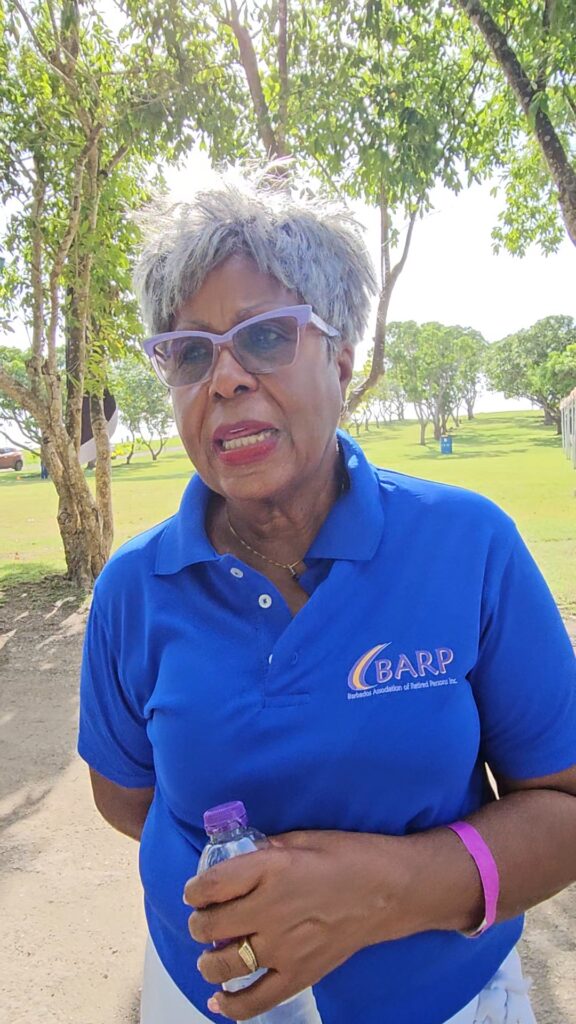Disclaimer: The views and opinions expressed by the author(s) do not represent the official position of Barbados TODAY.
By Dennis De Peiza
The workplace is expected to function on a body of established standards that are to be monitored and enforced by management. It must be made abundantly clear that these standards are meant to guide best practices in the workplace. The setting and observance of workplace standards are supported by trade unions which have a vested interest in ensuring that order, discipline and professionalism are exhibited in the workplace. In addition, they concern themselves with the delivery of quality service and worker productivity.
For a workplace to operate in an environment where standards are met, it requires that there is effective supervision for the expressed purpose of providing support, improving standards, reducing risks, addressing performance standards, productivity, the management of stress and the maintenance of a conducive workplace environment.
The intention here is to ensure that the organisational, professional and personal objectives can be achieved. The view that supervisory management is the cornerstone of organisational success, is based on the theory that there will be the exercise of good leadership and administrative skills. It therefore means that persons who perform a supervisory role should be capable of overseeing staff, managing resources, and ensuring goals are efficiently met.
This underscores the need for training of supervisory personnel. It is a grave mistake to throw individuals in at the deep end to perform a role for which they lack the knowledge, skills, competencies and attributes. Promotion to a supervisory position based on criteria that the individual is a long-serving employee or even the highest paid is not the best approach. The management of any enterprise or organisation should want to have a supervisor who can inspire, motivate, drive performances, build teamwork, bridge the gap between upper management and frontline employees, minimise workplace conflict and effectively resolve conflict issues.
It is to be understood that the extended role of a supervisory manager is to guide employees in their assigned roles and responsibilities within an enterprise and organisation, managing methods of efficiency and processes of productivity, reviewing performances, developing improvements, ensuring that there is effective communication through the sharing of information and the involvement of employees in the decision making process.
Training of supervisory management personnel is necessitated by the role they are called upon to play. The supervisory manager is key to the building and maintaining of staff morale. Those who choose to function with a reliance on following the policies and exercising their authority are more likely to experience pushback, a lack of cooperation and resentment from their subordinates. It goes without saying that a supervisor with leadership skills is positioned to develop a stronger and united working team. Where this occurs, it provides a platform for a better level of accountability on the part of supervisory management personnel.
On-the-job training for a supervisory manager should never be the first option. Persons who are to be considered for a supervisory management position should possess strong verbal and written communication skills, emotional intelligence, and interpersonal skills, have the ability to manage workflows, delegate responsibility, be flexible and reasonable, show empathy, maintain a positive attitude, create and manage team/work schedules, train new hires, and problem solve.
Finally, the good exercise of soft skills by the supervisory manager can make a difference between success and failure in this role. The soft skills to which we refer are communication, teamwork and interpersonal skills. These are all non-technical skills.
Dennis De Peiza is a veteran labour and employee relations consultant with Regional Management Services Inc.
The post #BTColumn – Getting supervisory management right appeared first on Barbados Today.


